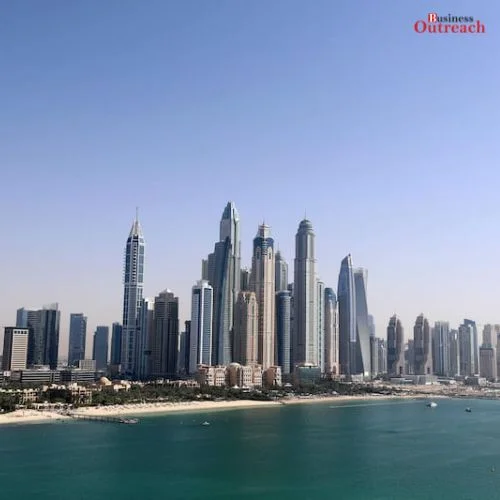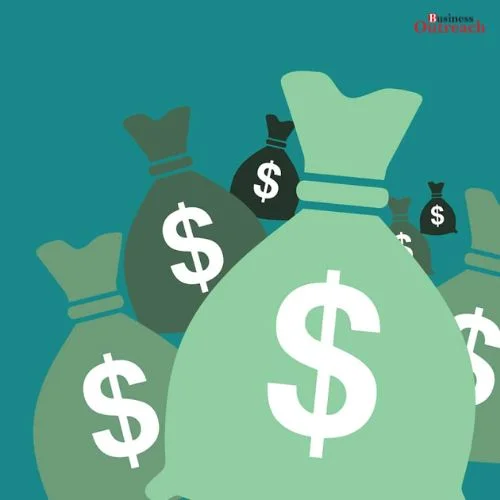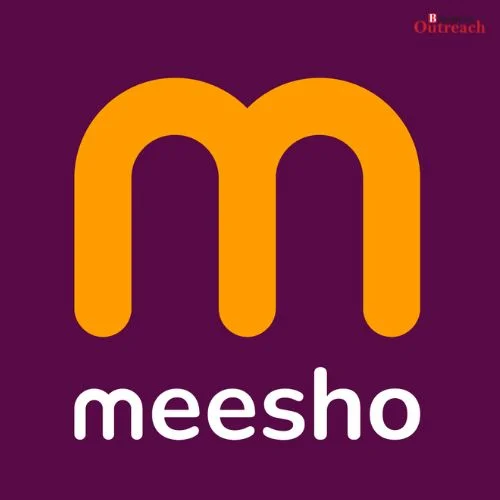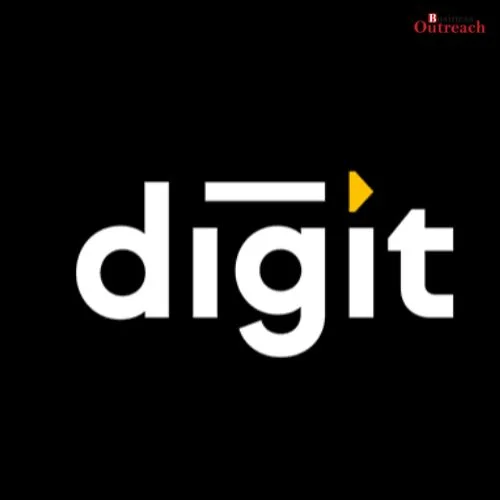Food is a basic necessity for any economy and society. With over 1% of the UAE’s food needs set to be locally produced from the new giga farm, this project stands to significantly impact Dubai and the UAE’s economic security.
Ensuring Domestic Food Supply
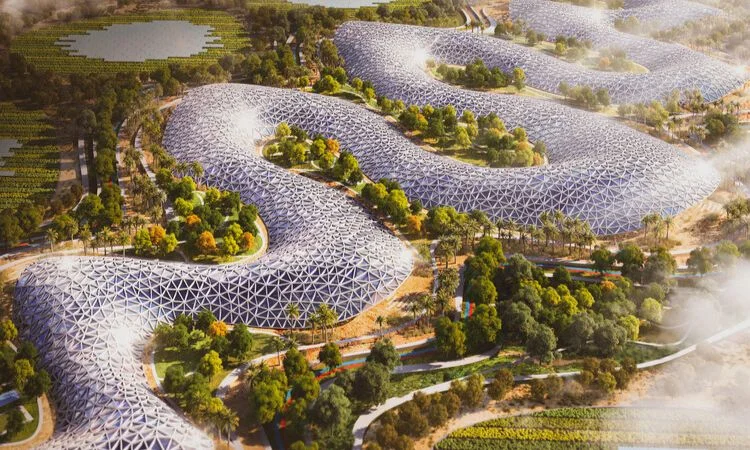
Currently, the UAE imports over 80-90% of its food requirements and is vulnerable to supply chain disruptions and inflation pressures in global food markets. The giga farm can produce over 2 billion crops annually, meeting critical caloric and nutritional demands locally.
This enhanced self-sufficiency strengthens the UAE’s macroeconomic resilience against external food price shocks and scarcity issues arising from geopolitical turmoil or climate change impacts on traditional agricultural zones worldwide. Reliable domestic production supports stable inflation, a necessary condition for long-term economic growth.
Boosting Agricultural GDP and Job Creation
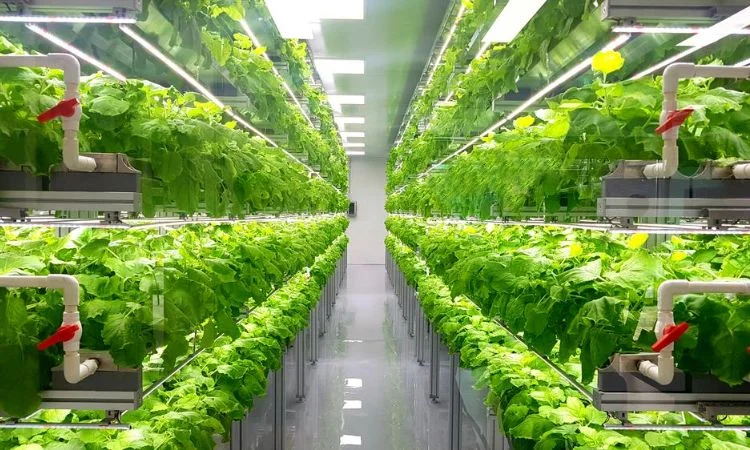
Agriculture accounts for a low 0.5% of UAE GDP currently due to sparse crop lands and reliance on imports. The giga farm is expected to generate over USD $100 million in output value per year based on preliminary yield estimates. This represents substantial new GDP contribution from the agriculture sector.
Significant local employment will also be created across technical, managerial and farming roles to operate complex vertical systems and integrated waste management facilities. Around 500 permanent jobs are projected at the farm. As Food Tech Valley expands, thousands of skilled agricultural jobs could be generated.
Fiscal Savings and Foreign Exchange Earnings
Higher self-sufficiency means reduced spending on food imports of around USD $200 million annually from this single project alone based on current commodity values. These fiscal savings can be reallocated for other priority development needs.
Export potential further diversifies foreign exchange earnings away from oil if vegetables and seedlings are shipped globally. Exporting excess produce regionally could also save foreign currency reserves for Gulf neighbors.
Environmental and Economic Co-benefits
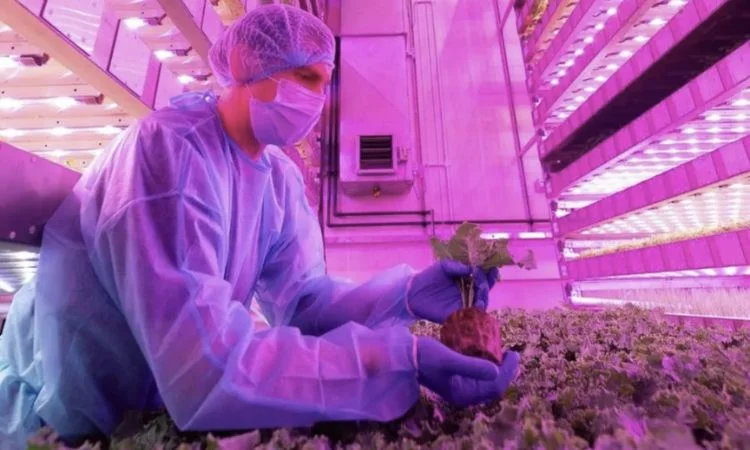
The giga farm’s closed-loop, hydroponic systems require 98% less water than conventional farms yet have maximum yields. This brings major water conservation benefits as the UAE implements its economic diversification away from oil along with its ‘Water Security Strategy 2036’.
Less transportation miles for food also cuts greenhouse gas emissions from imports and lowers fuel bills. Overall, Dubai is positioning its economy to succeed adaptively in an environmentally-constrained future through sustainable and productive ventures such as agri-tech mega projects.
In conclusion, Dubai’s giga farm displays tremendous long-term economic potential far beyond its initial 1% food provision target. As a key driver under Food Tech Valley, the economic and development impacts suggest it can strengthen the UAE’s food security substantially for decades to come.









